The first time I heard the term “impostor syndrome,” I was able to identify how I felt about coming to Vanderbilt. Impostor syndrome is a persisting feeling of inadequacy and self-doubt that overrides any external success; the conviction of being a fraud. My new friends at Vanderbilt have already published papers, won national competitions and led social justice movements. In group ice-breakers, how do you contribute to the conversation after hearing from the student who interned for a congressman, won the Google Science Fair or vacationed in Malta?
When I got into Vanderbilt, instead of patting myself on the back for a job well done, I saw the goalpost move farther away from me. Sure, I’m at Vanderbilt, a top 15 school, but my 18-credit, pre-med classmate has their 15-year career plan bookmarked, and I’m two weeks into my first semester, already biting my nails off about how I can sustain the level of performance that got me here in the first place.
Impostor syndrome often occurs among high achieving students who struggle to accept that their successes are earned, rather than a result of luck or chance. I’m sure every individual on campus can relate to the feeling of leaving a Zoom session feeling confused, isolated and out-of-place. Staring at the bare cinder block wall in my Towers single after struggling through hours of pre-recorded chemistry lectures only to get the problem wrong has been one of the most isolating experiences of my life.
While the pressure to achieve at Vanderbilt is nothing new, being able to perform on such a high level during a pandemic is another matter entirely. Life during a pandemic makes our focus on success and achievement unrealistic and unattainable; when do we take time for ourselves?
A number of Vanderbilt students identify with the “15-year plan” student. Most of us have a drive to “do” things, be productive and be better—checking things off a perennial to-do list. In many of our lives, this particular brand of neurosis has been a good thing. It is likely largely responsible for most of us being here in the first place. It is the same drive that motivates our participation in countless extracurriculars, pre-professional societies and advanced classes.
A study on impostor syndrome and class competition revealed that students who perceived their classes to be highly competitive tended to experience greater feelings of being an imposter. Another study found that this disparity was higher among first-generation students, who experienced more distinct feelings of being an impostor than their continuing-generation counterparts. At Vanderbilt, first-generation students entering university amidst a global pandemic are expected to keep up with rigorous courses, demanding schedules and maintain a social life simultaneously.
In reality, the pandemic has exacerbated existing inequities for Vanderbilt students on the whole. Students from low-income backgrounds fear for their family’s financial security amid an economic crisis and rising unemployment numbers. Vanderbilt students in my own dorm struggle to explain to their new friends why they can’t afford to go out to eat if a restaurant won’t accept the Commodore Card. Students receiving financial aid, scholarships or tuition assistance also face increased pressure to perform well.
There is also the emotional toll of the pandemic, which makes it even more unrealistic to subscribe to a “high-functioning” narrative. The murders of George Floyd, Breonna Taylor and countless others this summer brought the Black Lives Matter movement to the forefront of national attention. The movement has gained a much-needed platform on the social justice stage and has inspired both in-person and virtual activism. However, the emotional toll for Vanderbilt’s Black students and students of color is significant. As systemic racism is discussed every day on national news and in relevant classes, racial battle fatigue is affecting Vanderbilt’s students, faculty and staff of color.
Let’s not forget those students struggling with mental illness whose conditions have worsened after being isolated for the better part of six months. Reaching out for help at a demanding university that values success and achievement can be a daunting task without the added pressure of pandemic restrictions. Students feeling out of place, alone and overwhelmed may feel that they are completely alone. First-year students coming to Vanderbilt without a support system or even a group of friends they can count on are especially vulnerable. Moreover, Vanderbilt students with disabilities and chronic illnesses are at the mercy of their peers’ compliance with public health guidelines. Given the general sentiment of “it won’t affect me” coming from their peers on Commons, it is safe to say that their faith in remaining safe on campus has been knocked down a few pegs. For students who suffer from physical and mental health challenges, seeking treatment on campus during the pandemic restrictions may feel impossible.
Many Vanderbilt students subscribe to a particular narrative of a “Great Gatsby-esque” American dream; if you work harder and longer, sleep less and do more, you will find success. If you pull all-nighters, run back and forth between Main Campus and Commons all day and fill your time with more activities, you will beat out the competition. These narratives we worked so hard to create for ourselves do not include catastrophes, disasters, losses and pandemics. Most importantly, these narratives do not include our own happiness. But what do we do with ourselves now that our fundamental narrative has been taken away? How do we quantify our self-worth? How do we accumulate new extracurriculars, relationships and marketable skills that will make us successful, productive and worthy members of society?
This is a time for Vanderbilt students to learn that we are more than a high-functioning academic and extracurricular narrative.
It is time for our microcosm of overachievers to take a step back and reassess our priorities. Many of us are tripping, falling and making mistakes, and we are uncomfortable because this does not fit into the narrative we have created for ourselves. We are silently struggling, uncomfortable with the idea of speaking up for fear that nobody else feels the same. Vanderbilt’s culture of comparison and competition doesn’t show us the truth: everyone is struggling. Even though it seems like everyone else around us has their lives together, the truth is that most of us are just putting one foot in front of the other.
If I am the only person to tell you this week, listen—it is okay to do absolutely nothing. It is okay to take a nap in the middle of the afternoon, eat microwave ramen for breakfast and miss your parents. It is okay to pause your lecture, take a break from your reading assignment and skip your six club meetings if you need a break. Your mental health is the most important thing right now and forfeiting self-care, sleep, nutrition and exercise to live up to an unrealistic idea of “success” isn’t beneficial in the long run.


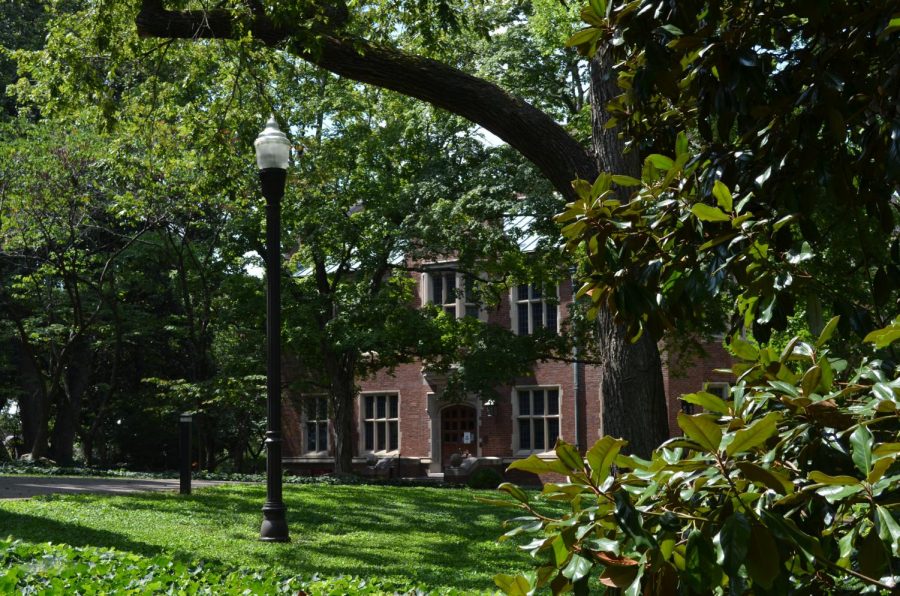
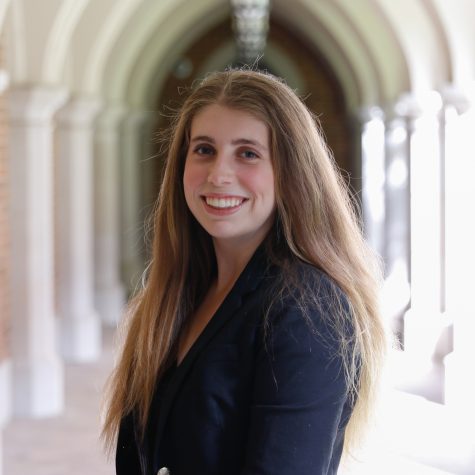
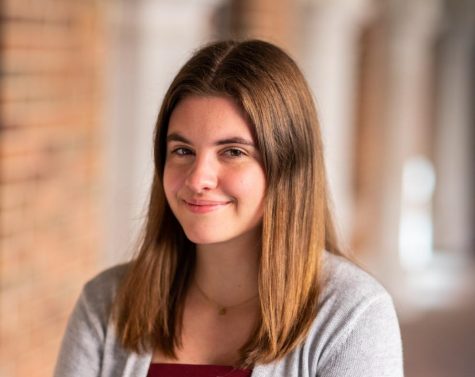
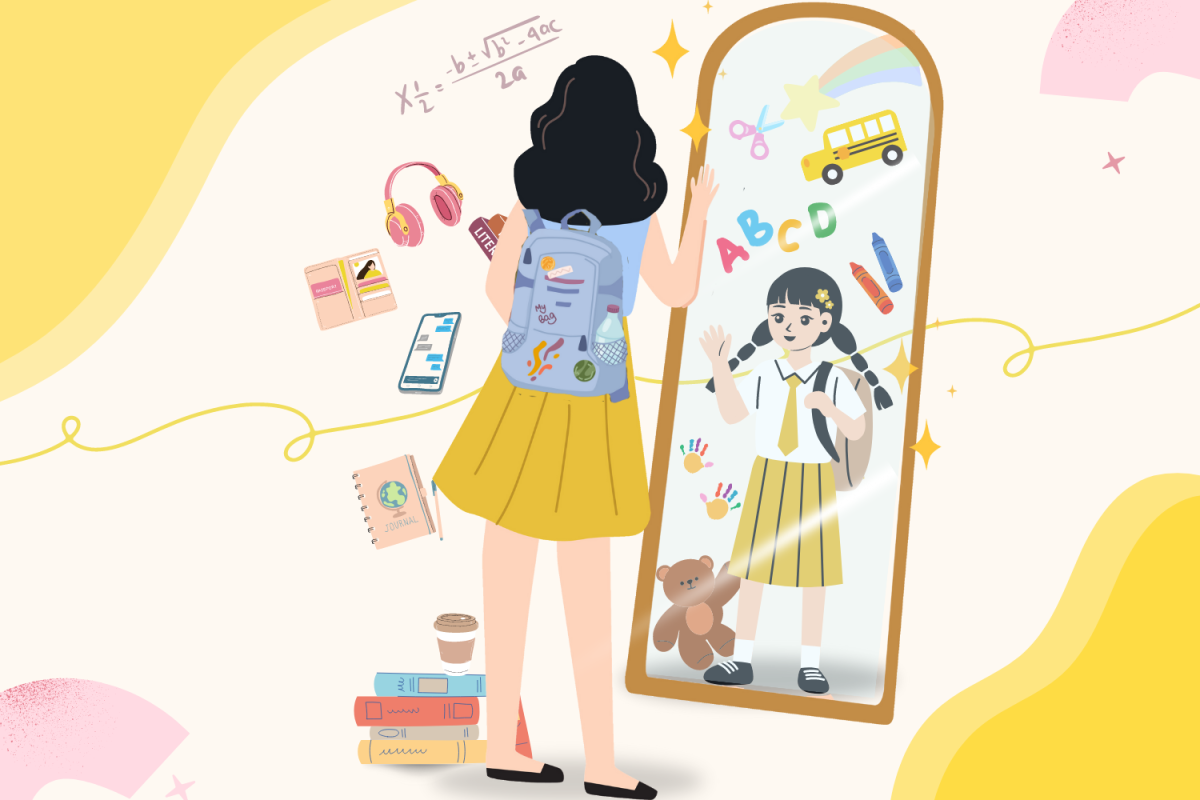
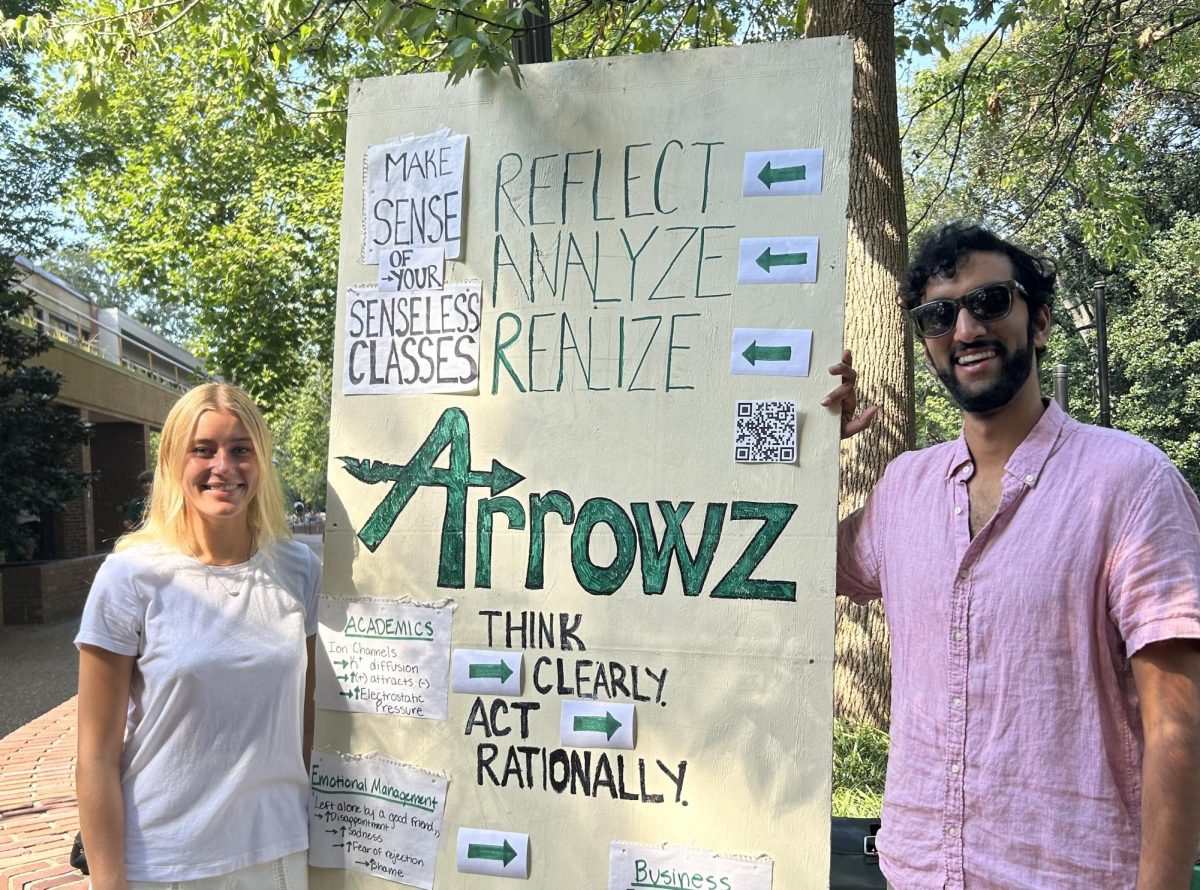
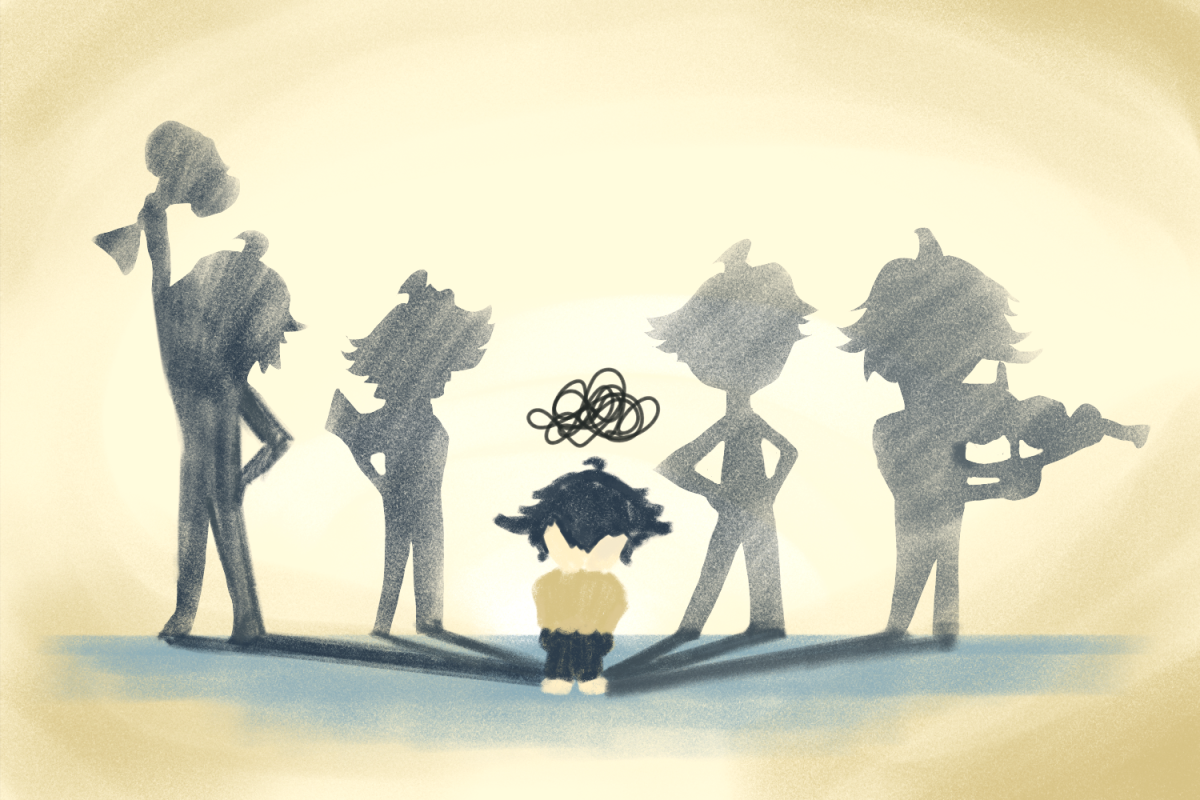

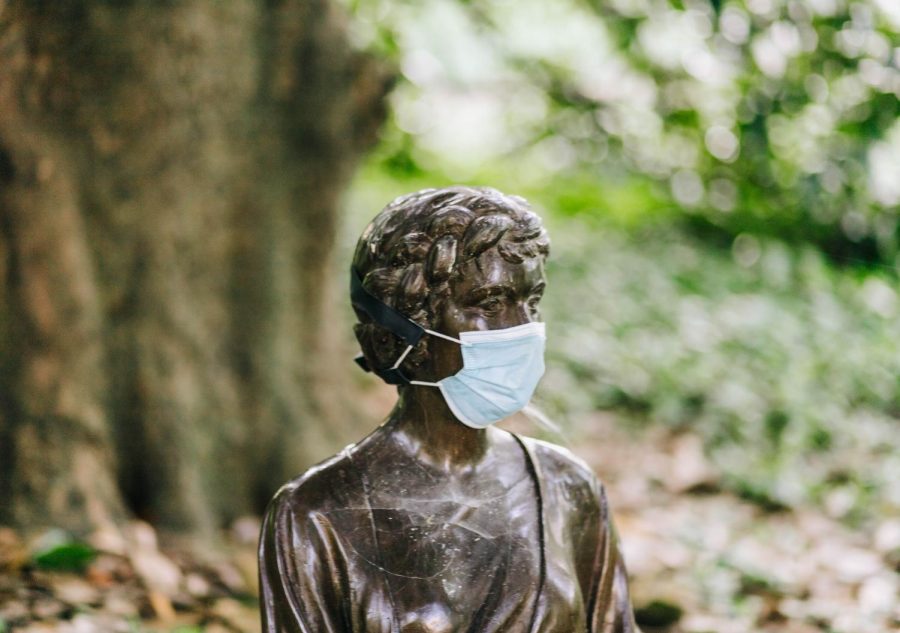

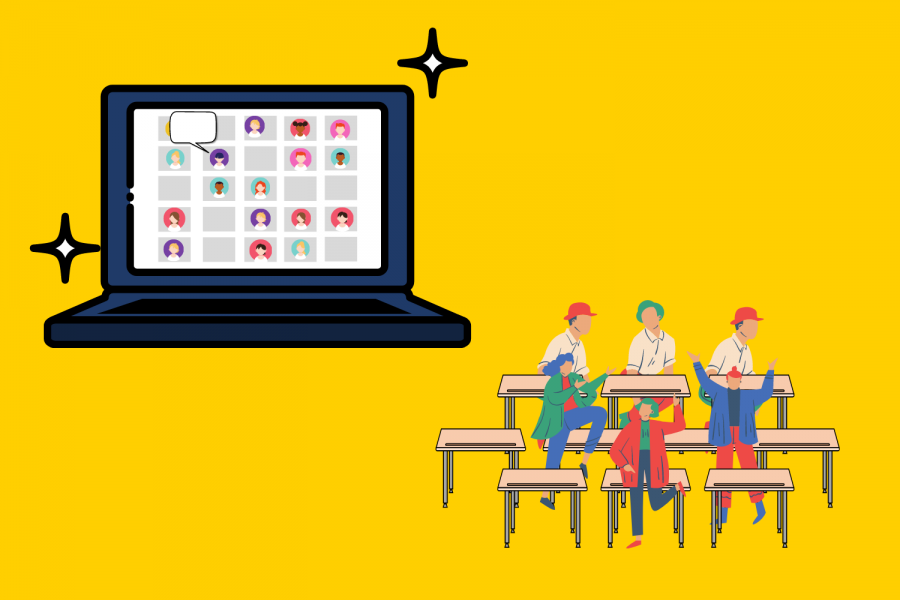
Lindsey Groves • Sep 9, 2020 at 5:00 am CDT
Hi! I’m one of the affiliate chaplains on campus and just wanted to say that your words are golden… Thank you for your thoughtfulness. And don’t hesitate to holler if any one of us in the office of religious life can be helpful to you or your peers. Peace!
Savannah • Sep 8, 2020 at 1:55 am CDT
Wow! Felt the same way during my own time in college. Not sure how the writer managed to put this into words so well. I know we are all feeling the same during these times and I appreciate the courage it took to write this piece. Such an important topic!
David Moyer • Sep 7, 2020 at 10:57 pm CDT
Thanks, Mr. Abel, for so adroitly identifying a common infirmary amongst elite colleges’ first-year students. I’m sharing your insights and encouragement with a Commons classmate – my son. He will be heartened to know that the struggle for healthy sleep, a decent diet, and some clue about the balance of work & play is being waged in most every freshman’s world, whatever combination of in-person, virtual or hybrid classes (plus every extracurricular) they’re involved in. ANCHOR DOWN and hang on tight.
Kimmi • Sep 7, 2020 at 2:55 pm CDT
My daughter (a first generation) graduated HS a “Top 10 Senior”
Got accepted at several universities in California.
She chose Cal Poly SLO (quarter system).
She suffered terribly for 3 years. Said she “felt like I was treading in quick sand” while peers around were handling university life pretty well.
She did graduate on time but feels her university experience was “worst years of my life”
Now she struggles with fear, to start a Masters.
This Imposter Syndrome is real.